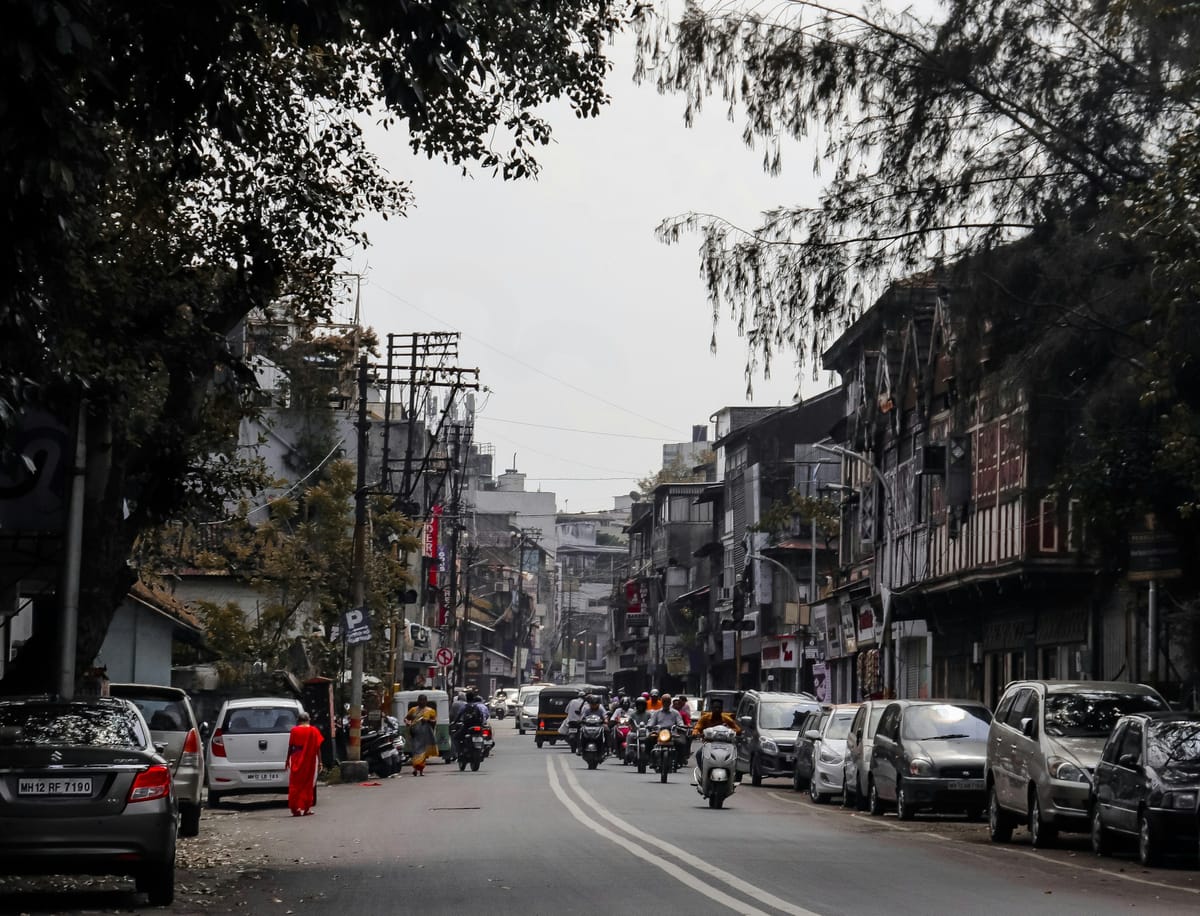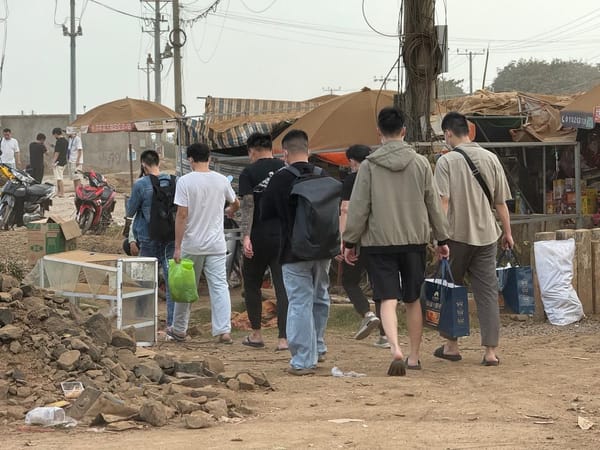Local efforts to break up cybercrime syndicates help disrupt the trafficking cycle

An Indian law enforcement operation targets local traffickers for scamming compounds, the latest IOM World Migration Report shows a major increase in international remittances, and California poultry companies must pay millions in back wages amid labour law violations.
An anti-trafficking operation carried out by police in the Indian state of Odisha highlights the effectiveness of origin country efforts in the fight against scamming compounds. Police in Rourkela District arrested eight people who were allegedly part of a cybercrime syndicate involved in trafficking victims to Cambodia, and issued alerts at Indian ports of entry against several more.
According to a police spokesperson, critical information regarding the location of fraud companies, their operatives, working style, and management hierarchy were also gathered as part of the operation, and Indian and Nepalese citizens were identified as high-level agents within the group. The source said those trapped in Cambodia were forced to scam people back in India and, in some cases, extort money by impersonating law enforcement officials and saying they had found suspicious materials in their parcels.
An estimated 5,000 Indian nationals are currently held against their will in Cambodia’s scamming compounds, according to The Indian Express newspaper, lured by fake promises of lucrative job opportunities but forced to undertake online financial scams and other illegal activities instead. Last month, India’s Ministry of External Affairs said it had rescued and repatriated about 250 Indians so far, and called upon those looking at job opportunities in Cambodia to thoroughly check the background of the prospective employer, while also issuing numerous advisories to citizens about the risk of online work in countries such as Myanmar, Thailand and Laos.
Local CSOs are also expanding their activities to address the issue – India-based anti-trafficking organization Cross Global is liaising with the embassies of Cambodia, Malaysia, and other Southeast Asian countries to provide support for victims who are returning to their home countries. It is also working to hold perpetrators accountable for their actions and raise awareness in high-risk areas of South India about safe migration for work.
The targeting of victims from India highlights the expansion of scam center activity into Southern Asia and the rest of the world, with Cyber Scam Monitor reporting that Sri Lankans have featured most prominently in reporting on Myanmar, where dozens are said to be trapped in scam compounds. There have also been reports of Bangladeshi, Nepalese and Pakistani nationals involved as both victims and perpetrators of trafficking into scam complexes in recent months. Meanwhile, African countries, South and North Korea, the Gulf States, and South American and East European countries are witnessing heightened activity, with cybercrime syndicates and scamming compounds increasingly detected operating within their territory.
The Indian Government says it is coordinating with Cambodian authorities and with agencies in India to “crack down on those responsible for fraudulent schemes”. However, while the Cambodian government insisted it was fully committed to combating online scams and human trafficking, and was carrying out a fact-finding operation across the country, the Permanent Vice-Chairwoman of the National Committee for Counter Trafficking told the Khmer Times last month that they had not identified any victims from India, and 90 per cent of those claiming to be victims were working in the country illegally and “wanted assistance in going back to their country without facing consequences for their actions”, saying it was “not fair for Cambodia to bear all the blame, as the victims were scammed in their countries and have to leave their countries first before coming to Cambodia”.
This mixed response reflects the ad hoc nature of current regional strategies, which have failed to stem the growing phenomenon of human trafficking for cyber-enabled financial crime. International agencies and anti-trafficking groups continue to call for a far stronger and more coordinated response, as outlined in UNODC’s 2023 policy report on forced criminality. This would encompass local efforts to break up crime syndicates and recruitment networks, and enhance efforts to scrutinize and address businesses that facilitate online scams and money laundering; cross-border cooperation to rescue and repatriate victims, comprising coordinated identification, protection and repatriation efforts; and political commitment manifested through the development of a clear framework to address organized crime, operationalized at national and international levels.
With thanks to Kamal Raj
Here’s a round-up of other noteworthy news and initiatives:
The IOM World Migration Report 2024, launched this morning, shows significant shifts in global migration patterns, including a record number of displaced people – 117 million – and a major increase in international remittances. From 2000 to 2022, remittances rose by 650 per cent to US$831 billion, of which US$647 billion was sent by migrants to low- and middle-income countries, surpassing foreign direct investment in those countries.
The National Center on Sexual Exploitation (NCOSE) is calling on the Sound of Freedom producer, Eduardo Verástegui, to disavow and publicly apologize for meeting with accused sex trafficker Andrew Tate. Verástegui met with Tate, posed with him for the camera, and re-tweeted Tate’s message disparaging the Romanian sex trafficking prosecution against him.
The European Union and United Nations delayed the launch of their anti-human trafficking initiative, the EU-UN “PROTECT” project, in Cambodia this week due to controversy over the chosen venue – a Phnom Penh hotel owned by a tycoon linked to human trafficking activities.
Lebanese authorities and the European Union must respect their obligations under international law and not forcibly return refugees to Syria while the conditions for safe, voluntary and dignified returns are not met, eight civil society organizations said last week ahead of European Commission President Ursula von Der Leyen’s visit to Beirut.
In one of the largest wage violation settlements for U.S. poultry workers, a federal court in Los Angeles has entered a consent judgment ordering owners and operators of a network of California poultry processors and distributors to pay US$4.8 million in back wages and damages to 476 workers, alongside US$221,919 in penalties, after a U.S. Department of Labor investigation. The settlement also entails forfeiting US$1 million in profits earned from the sale of goods tainted by oppressive child labour and paying US$171,919 for child labour violations, enforced by a temporary restraining order barring shipment of such goods into commerce.
While in-person registration is now closed for the 2024 Caribbean Regional Freedom from Slavery Forum, taking place from 20 to 22 May, anyone interested in attending is encouraged to register for the live stream.




